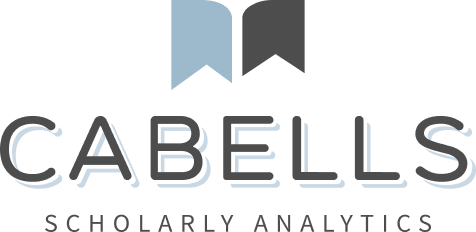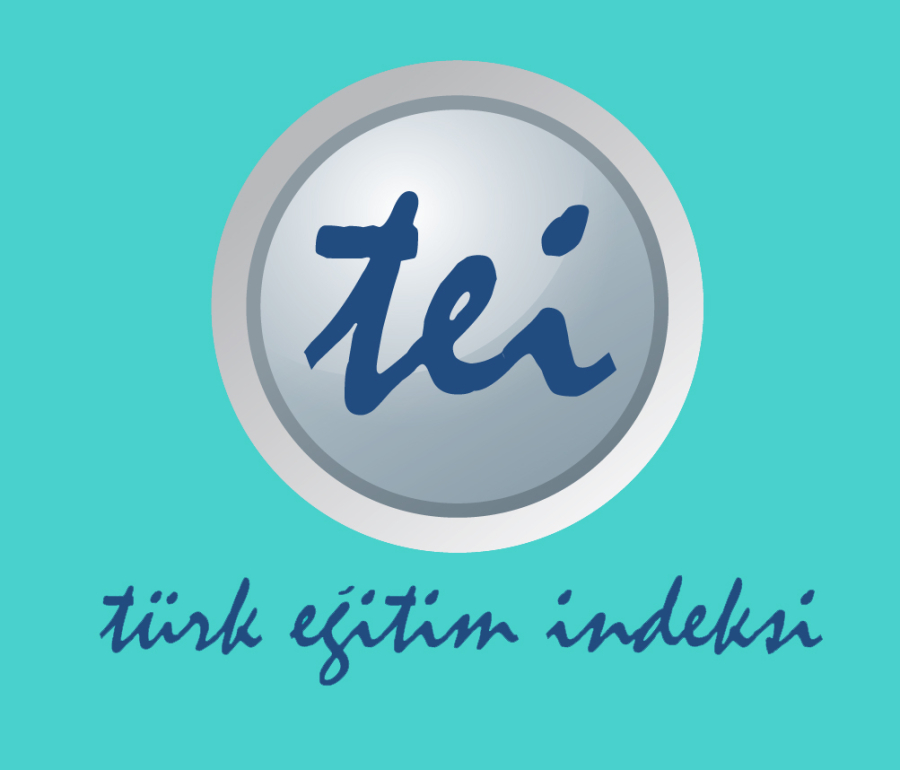Indexing
Cabells Journalytics is an independent, curated database of scholarly journals that guides researchers, publishers, librarians, academics, and administrators to the publications they need. All of Cabells solutions are designed to simplify the research process by providing decision-ready data and insights about scholarly publications.
Eurasian Scientific Journal Index (ESJI) 
ESJI unites in its database the most important scientific journals in Europe and Asia, which publishes the most authoritative and relevant research.
The ESJI provides indexing of major international journals and proceedings. Author can get information about international journal impact factor, proceedings (research papers) and information on upcoming events. All the journal pages have pointers to Web pages of the publishers which are integrated into the ESJI stream pages. The purpose is to increase the visibility and ease of use of open access scientific and scholarly journals.
Directory of Research Journals Indexing 
DRJI provides ready access to education literature to support the use of educational research and information to improve practice in learning, teaching, educational decision-making, and research. Directory of Research Journals Indexing is a free online service that helps you to find web resources for your articles and research. With millions of resources available on the Internet, it can be difficult to find useful material. We have reviewed and evaluated thousands of resources to help you choose key websites in your subject. Our indexed journals will be submitted to all social networks and world's top most indexing and they will be displayed on world's top electronic library. In short, all journals will reach all continents.
Scientific Indexing Services (SIS) was founded by renowned scientists. A group of 70 scientist from various countries in different disciplines are started SIS with specific objective of providing quality information to the researcher. SIS offering academic database services to researcher. It's mainly: citation indexing, analysis, and maintains citation databases covering thousands of academic journals, books, proceedings and any approved documents SIS maintains academic database services to researchers, journal editors and publishers. SIS focuses on: citation indexing, citation analysis, and maintains citation databases covering thousands of academic journals. SIS Provides Quantitative And Qualitative Tool For Ranking, Evaluating And Categorizing The Journals For Academic Evaluation And Excellence. This Factor Is Used For Evaluating The Prestige Of Journals. The Evaluation Is Carried Out By Considering The Factors Like Paper Originality, Citation, Editorial Quality, and Regularity & International Presence. We Perform The In-Depth Analysis Method. The Acceptance And Rejection Rates Of Journals Can Be A Determining Factor. Low Acceptance Rate, High Rejection Rate Journals Are Considered The Best And Most Prestigious Journals As The Acceptance Criteria Is Of High Quality Standard. Many Journals And Societies Have Web Pages That Give Publication Data And Style Requirements And Often Includes Acceptance/Rejection Rates. The Paper Copy Of The Journal Occasionally Includes This Data And Will Always Provide Current Contact Information. Whether A Journal Is Indexed In The Major Indexing/Abstracting Service In The Field Is Another Criteria That Can Be Used To Assess The Worth And Quality Of A Journal.
Asos Index scope; It is in the form of indexing journals publishing in the fields of science, health sciences and social sciences and presenting the citations to the articles published in the journals to the researchers. In this context, journals publishing in the field of science, health and social sciences can apply to be indexed. The results of the applications are sent to the editor of the journal as a result of the examination of the academic board.
ICI World of Journals is a global database dedicated to scientific journals from around the world. Each Editorial Office registered in the ICI World of Journals database obtains free of charge access to the IT system that gives a possibility to run a Journal Passport – an up-to-date showcase of a journal on the Internet. Apart from information about the Editorial Board Team, publisher, journal website, or a description, the Editorial Office can publish information about scientific articles (metadata as well as full content in PDF).
The idea of the ICI Journals Master List database is to create a possibility for scientific journals from all over the world, of verifying them in terms of using transparent editorial practices. The journal passports that have not been verified in these terms are marked with the proper warnings, these are Transparency Warning and Predatory Alert.
The ICI World of Journals search engine is a response to the scientific world’s needs of gathering information on scientific journals in one place. Due to the presented tools, it is possible to search for journals on the list of journals indexed in the ICI Journals Master List (ICV scoring) or the current ranking of journals by the Ministry of Science and Higher Education (MEiN scoring). By joining both information, it is possible to choose the most suitable journals.
The EuroPub Publishing Company LTD, is a corporation organized and existing under the laws of England country with No., 13127935. EuroPub database started its scientific activity in 2015 which right now includes more than 27,000 journals and at least 700,000 articles, the other websites that are undercover of EuroPub can be named Euroacadamia for the journal certificates and Sjournals.
The CiteFactor server provides indexing of major international journals and proceedings. The author can get information about international journal impact factors, proceedings (research papers), and information on upcoming events. All the journal pages have pointers to Web pages of the publishers which are integrated into the CiteFactor stream pages.
The purpose is to increase the visibility and ease of use of open access scientific and scholarly journals. If your journal is indexed & got a validated stamp from Citefactor, you can request the calculation of the impact factor for your journal.
"In addition, CiteFactor is working on the next major task to link publications with all the publications in their bibliographies, thereby making possible a wide variety of publication and citation reports.
Discover and promote great research resources. Maximize your academic social impacts.
Root Society for Indexing and Impact Factor Service (rootindexing.com)is a society to provides indexing to all types of online and offline journals to get international visibility of research and also provide impact factor (RIF-Root Impact Factor) to the journal to improve journal visibility in the world of research. A lot of members are giving their service to this society. It is a completely free service to index any journal in the world.
It helps users to find a suitable international journal to publish their work. All indexed journals will be submitted in all search engines, online libraries, social media, etc to get more researchers under a single platform rootindexing.com.
The Turkish Educational Index aims to scan"peer-reviewed" journals that are regularly published in print or electronics in the field of educational sciences and to provide professional indexing services in the field of educational sciences.
Google Scholar is a freely accessible web search engine that indexes the full text or metadata of scholarly literature across an array of publishing formats and disciplines. Released in beta in November 2004, the Google Scholar index includes most peer-reviewed online academic journals and books, conference papers, theses and dissertations, preprints, abstracts, technical reports, and other scholarly literature, including court opinions and patents.
While Google does not publish the size of Google Scholar's database, scientometric researchers estimated it to contain roughly 389 million documents including articles, citations, and patents making it the world's largest academic search engine in January 2018. Previously, the size was estimated at 160 million documents as of May 2014. An earlier statistical estimate published in PLOS ONE using a Mark and recapture method estimated approximately 80–90% coverage of all articles published in English with an estimate of 100 million. This estimate also determined how many documents were freely available on the web.
279 times read.










